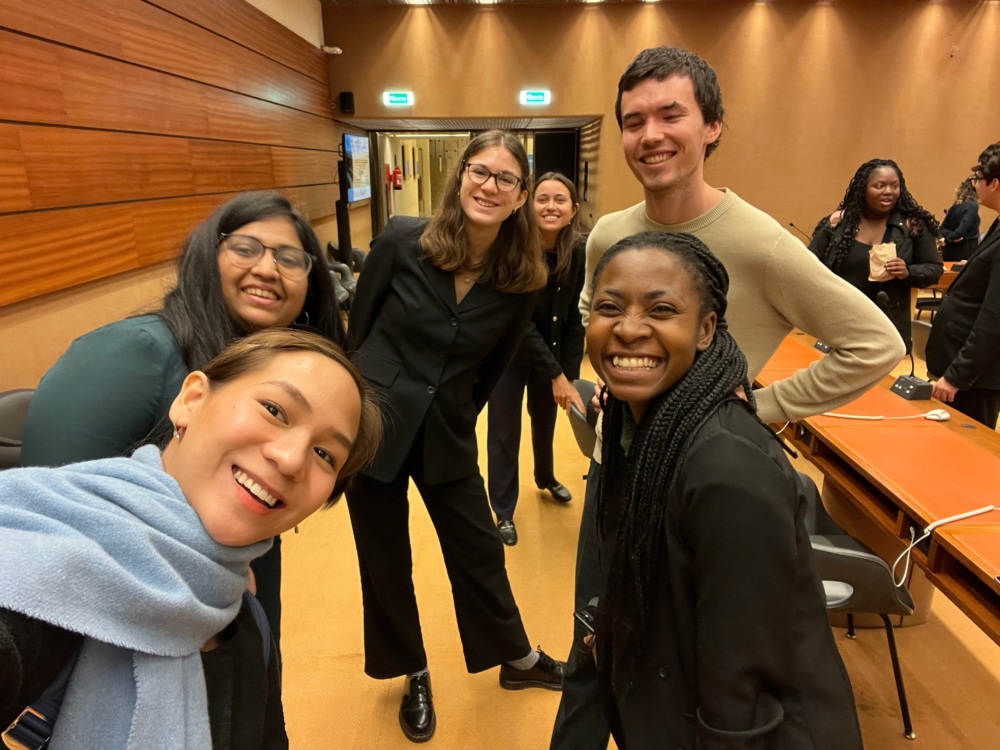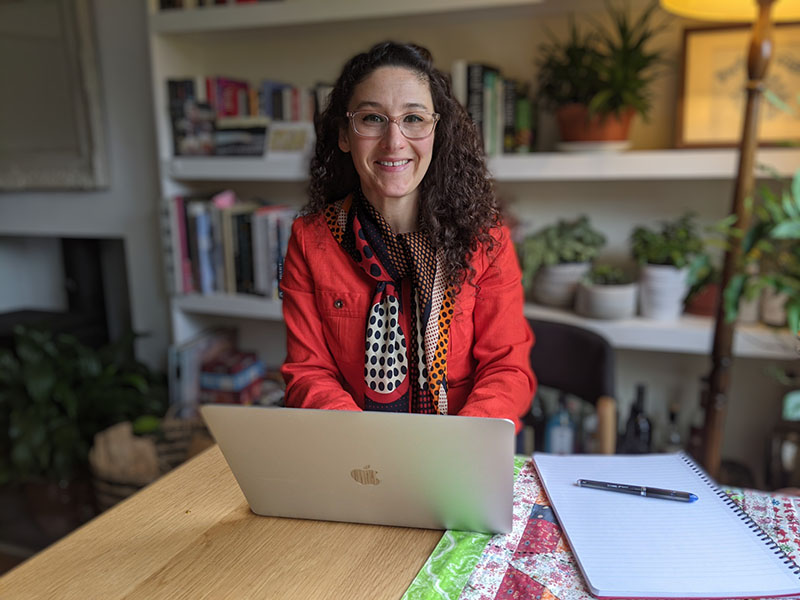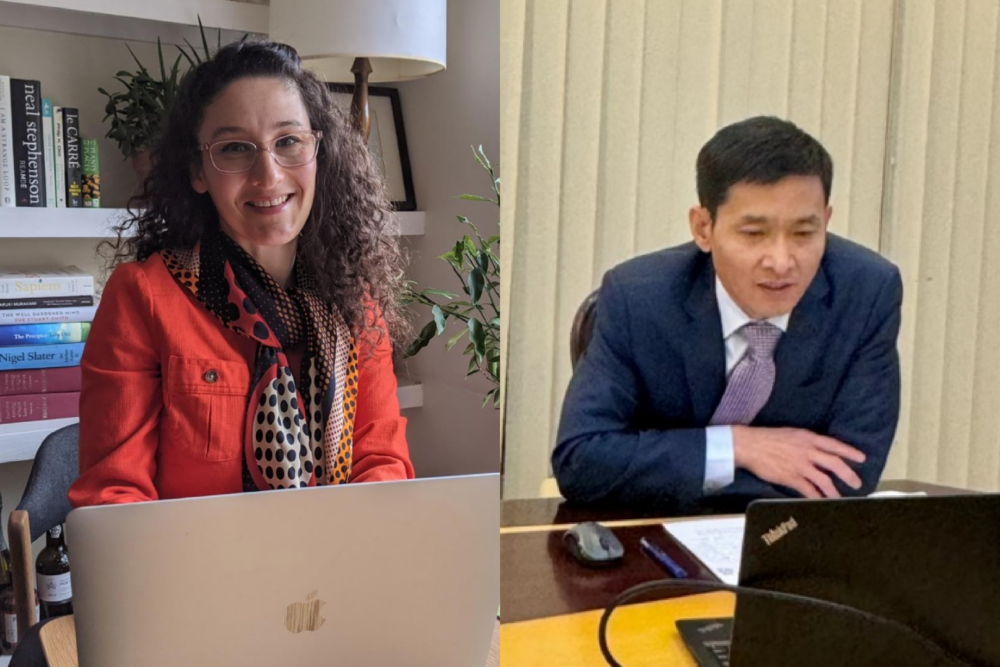
Apply for the 2024 NTI | bio Next Generation Biosecurity Delegation
NTI | bio will bring a 2024 Next Generation Biosecurity Delegation of early-career professionals to the Biological Weapons Convention (BWC) meetings from August 19 – 23.
Jaime Yassif—who joined NTI in 2019 and has served as senior director and lead scientist for Global Biological Policy and Programs (NTI | bio)—has been named vice president of NTI | bio, NTI Co-Chair and CEO Ernest J. Moniz and NTI President and COO Joan Rohlfing announced.
In her new role, Yassif will oversee NTI | bio’s work to reduce global catastrophic biological risks, strengthen biosecurity and pandemic preparedness, and build accountability for global health security progress.
“Jaime has demonstrated a deep commitment to NTI’s work to reduce global biological risks, and she thinks strategically about the impact that NTI can have,” said Moniz. “She is highly skilled at navigating the challenging scientific and technical aspects of our work and is dedicated to driving systemic change in the field.”
In her previous role at NTI, Yassif led several projects focused on strengthening governance of bioscience and biotechnology and countering global catastrophic biological risks. “We are delighted that Jaime will be stepping into this leadership role at NTI. She’s a creative, over-the-horizon thought leader with critical experience working at the interface of science, technology, and international security policy,” said Rohlfing.
Prior to joining NTI, Yassif served as the inaugural program officer for biosecurity and pandemic preparedness at Open Philanthropy, where she recommended and managed $40 million in biosecurity grants, which rebuilt the field through: new biosecurity programming at leading think tanks; biosecurity leadership development programs; initiation of new biosecurity work in China and India; and establishment of the Global Health Security Index.
Yassif previously served as a science and technology policy advisor at the U.S. Department of Defense, where she focused on oversight of the Cooperative Threat Reduction Program and East Asia security issues. During this period, she also worked on the Global Health Security Agenda (GHSA) at the Department of Health and Human Services, where she helped lay the groundwork for the World Health Organization Joint External Evaluation and the GHSA Steering Group.
Yassif’s previous experience includes work with Connecting Organizations for Regional Disease Surveillance, Chatham House, the Federation of American Scientists, and the Tsinghua University Institute for International Studies.
She holds a Biophysics Ph.D. from UC Berkeley, an MA in Science and Security from the King’s College London War Studies Department, and a BA in Biology from Swarthmore College.
Sign up for our newsletter to get the latest on nuclear and biological threats.
NTI | bio will bring a 2024 Next Generation Biosecurity Delegation of early-career professionals to the Biological Weapons Convention (BWC) meetings from August 19 – 23.
NTI | bio convened more than 25 high-level biosecurity professionals, AI experts, and policymakers for the inaugural meeting of the International AI-Bio Forum.
The China Arms Control and Disarmament Association and NTI jointly convened a virtual Track II Dialogue, a forum to promote mutual understanding among Chinese and U.S. experts about urgent and emerging biosafety and biosecurity risks.


